Anticipating the “first Christmas” without my husband produced a lot of anxiety within me. I remember doing last-minute errands on Christmas Eve, one stop included picking up a cake from Magnolia Bakery. My husband loved cake and sweets and getting a cake from this bakery had become a holiday tradition for us. On the first Christmas Eve, my son and his girlfriend were coming to pick me up, as it was my last stop before I went back home. There was a light snow falling as I sat outside the bakery waiting for my son to arrive. Suddenly, as I felt the snow on my cheeks and watched the Christmas Eve last minute hustle as couples walked by arm in arm, with packages and shopping bags, I began to silently weep. The tears came down my cheeks and seemed to freeze on my face. I couldn’t believe that I was about to celebrate Christmas without my husband and I was missing him terribly as I thought about how he loved the holiday and how he was no longer here to celebrate. I wanted to shout, “Hey, how can you people keep going on with your lives and my husband is no longer here?” I didn’t however, but went home, put last-minute touches on Christmas dinner, wept and wept, eventually falling into bed, silently wishing that the next day would whisk by in an instant. That first Christmas was small and we prayed a prayer of hope and healing, while acknowledging our loss. This would remain a part of a new ritual incorporated into each succeeding year. Thereafter, the pain lessened little by little for me, brand new traditions were born, now including many more who have become a part my of my “family of friends” as well as my own immediate family.

The first holidays after the loss of a loved one are referred to as the firsts. No, I didn’t coin that word, but a few months after my father had died, I spoke to a couple and told them I was about to celebrate my first Thanksgiving without my dad. The wife said to me, “Oh you’re about to experience “the firsts”. Since then, I’ve come to refer to the firsts as the first holidays in a succession of holidays that occur in the first year after the death of a spouse or any loved one. Those who are left must figure out how to manage each occasion, now alone. Every occasion takes on a new meaning, even the less significant ones underscore the absence of the lost loved one.
After my husband Chuck died, I had to face all of the upcoming occasions of our lives, previously celebrated together, alone. There were also several new milestones that he would not be a part of. While I may now continue to share these holidays with friends and family, pangs of sorrow sometimes appear out of the blue and I just have to roll with it. Grief is like that as it comes in waves. But as time goes on one learns to manage those unexpected emotional lows as it becomes a part of the “new normal”.
The newly bereaved approach these annual holidays with much anxiety and trepidation, especially the first ones in the year that they have experienced the loss of a loved one. Some may feel anticipatory anxiety, while others have feelings of dread and foreboding in anticipation of the upcoming occasions.

I too, felt some of these feelings after losing my husband and Thanksgiving and Christmas loomed like monsters in the distance. I did manage to get through each occasion as best as I could, and found that each subsequent year got a tiny bit easier.
Here are a few tips on how one can cope with grief and the holidays:
- Don’t be Hard on Yourself– keep in mind that the holidays will be different and if you’re hosting, ask others to pitch in and help, thus picking up the slack of not having your spouse to assist.
- Go along with the day’s Activities– Avoid isolating yourself, join family and friends as much as you’re able. But if you decide that the day gets a little bit overwhelming then retreat to another room away from the maddening crowd. There you can take a breather from the stress of the occasion. If you’re not hosting, and decide to leave early that’s fine too. Do what you can and remember you are in charge of how you want to spend the holidays. Also keep in mind grief comes in waves and any number of sights, sounds, and things said can catch you off guard emotionally. If some try to force you to stay, bless them, wish them well and leave anyway. If folks feel upset or insulted, that’s on them as you are only in charge of yourself and your well being. Follow your heart and your mood and just go with your flow.
3. Change-You may want to consider changing the way that you celebrate. Incorporating new rituals, eliminating old ones that cause distress, is a good way to ease yourself into the newness of handling the holidays without your spouse or loved one.
4. Scale Down– Many occasions entail several days of celebrations. Try to pick and choose where and what you will attend. You want to conserve your energy to prevent becoming overwhelmed and exhausted. New Year’s Eve might be a great time to chill and relax at home, especially since the celebratory activities may not fit your mood. However, a New Year’s Day brunch, or open house may seem less overwhelming and easier to navigate.
5. Sit This Year Out- If the loss is fresh, and you feel as if you cannot bear going through the stressful rituals customary for your holiday celebrations, feel free to sit it out. Let close friends and family know your intentions so they don’t worry, and plan the day so that you can deal with the onslaught of emotions that may come up. Go to a movie, binge watch your favorite TV shows, or catch a movie classic that is unrelated to a holiday memory. Give yourself a spa day at home, curl up with a good book and a favorite beverage and just do the day your way. You might even want to visit the grave of your lost loved one.

Making a plan to honor your lost loved one will help everyone to feel a part of your experience and help them to express their own thoughts on the loss as many have been impacted also in various ways. It may not seem like it in the beginning, it didn’t to me, but rest assured that the pain will slowly subside. Each moment of pain, in time, will give way to a renewed spirit and an appreciation of a life once lived, a life once shared, and beautiful memories to have and to keep.
One day you may decide to give back to others in some way during the holidays. This will help to fill the void left by your loss. Believe it or not, helping others is one way of helping yourself to heal. In time you will have gotten a handle on dealing with your loss. Remember, be patient with yourself and do not be discouraged as this too shall get easier.
I promise.

To find out more about how you can heal after loss read Brave in a New World: A Guide to Grieving the Loss of a Spouse available on Amazon http://tinyurl.com/jnjs5fu .
Follow me on Instagram at https://www.instagram.com/thebloomingwidow/
Follow me on Facebook at: https://www.facebook.com/YvonneBroadyAuthor

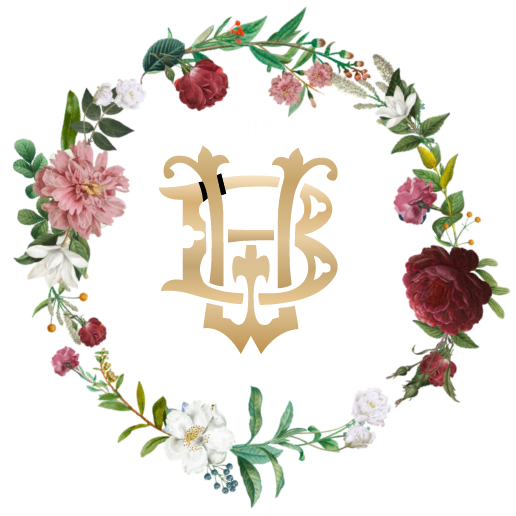
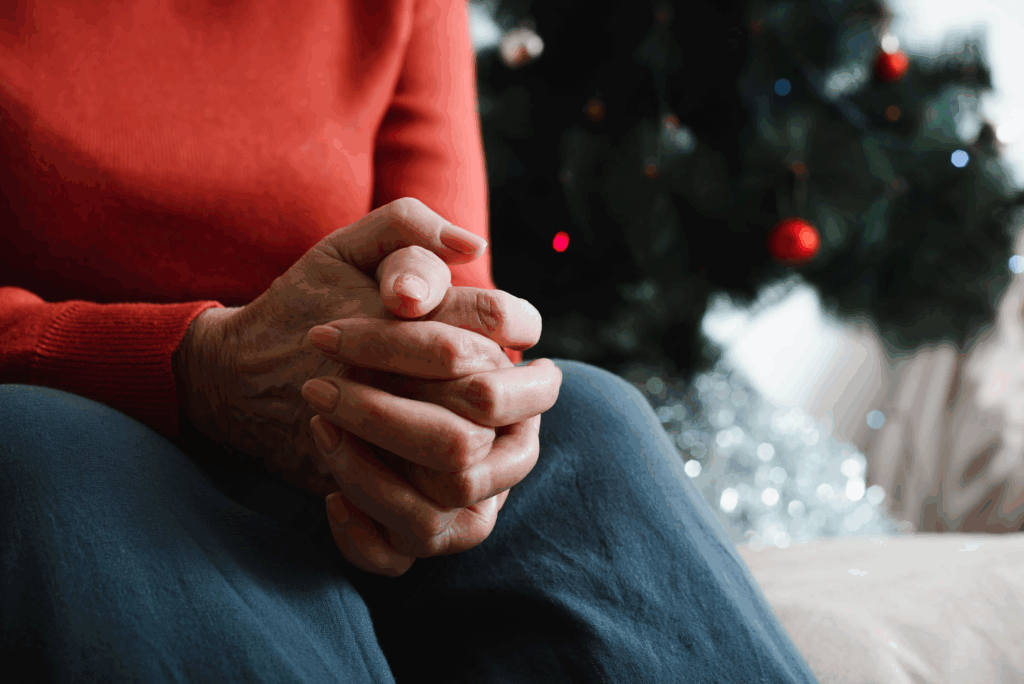
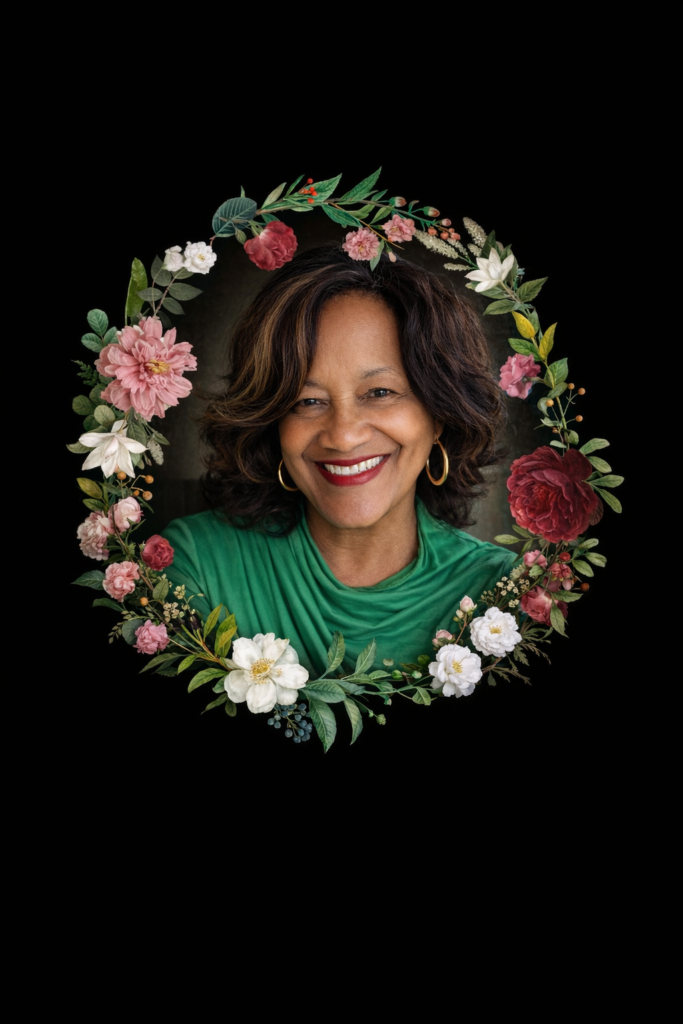
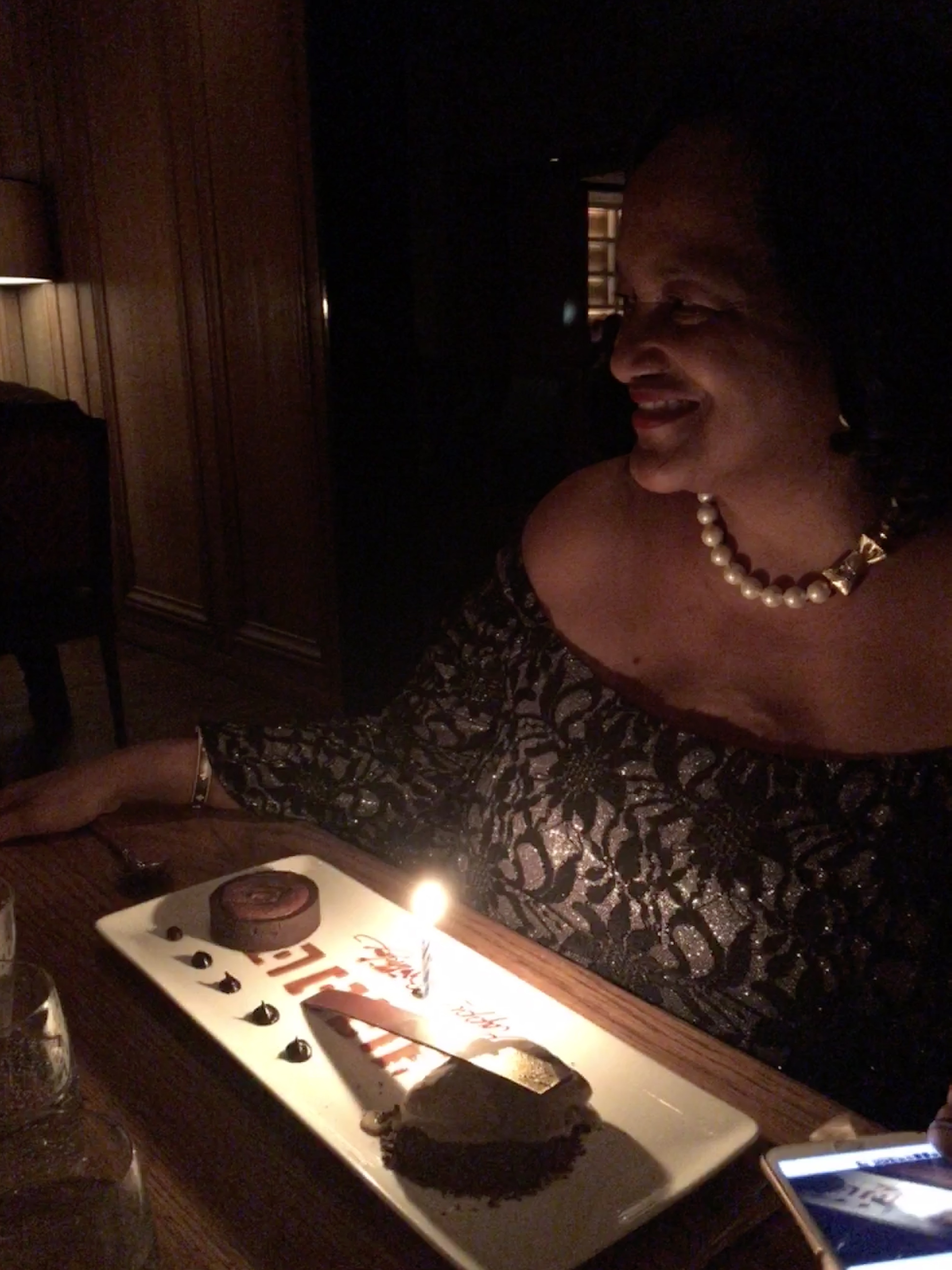
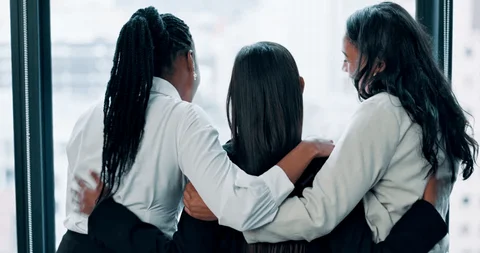
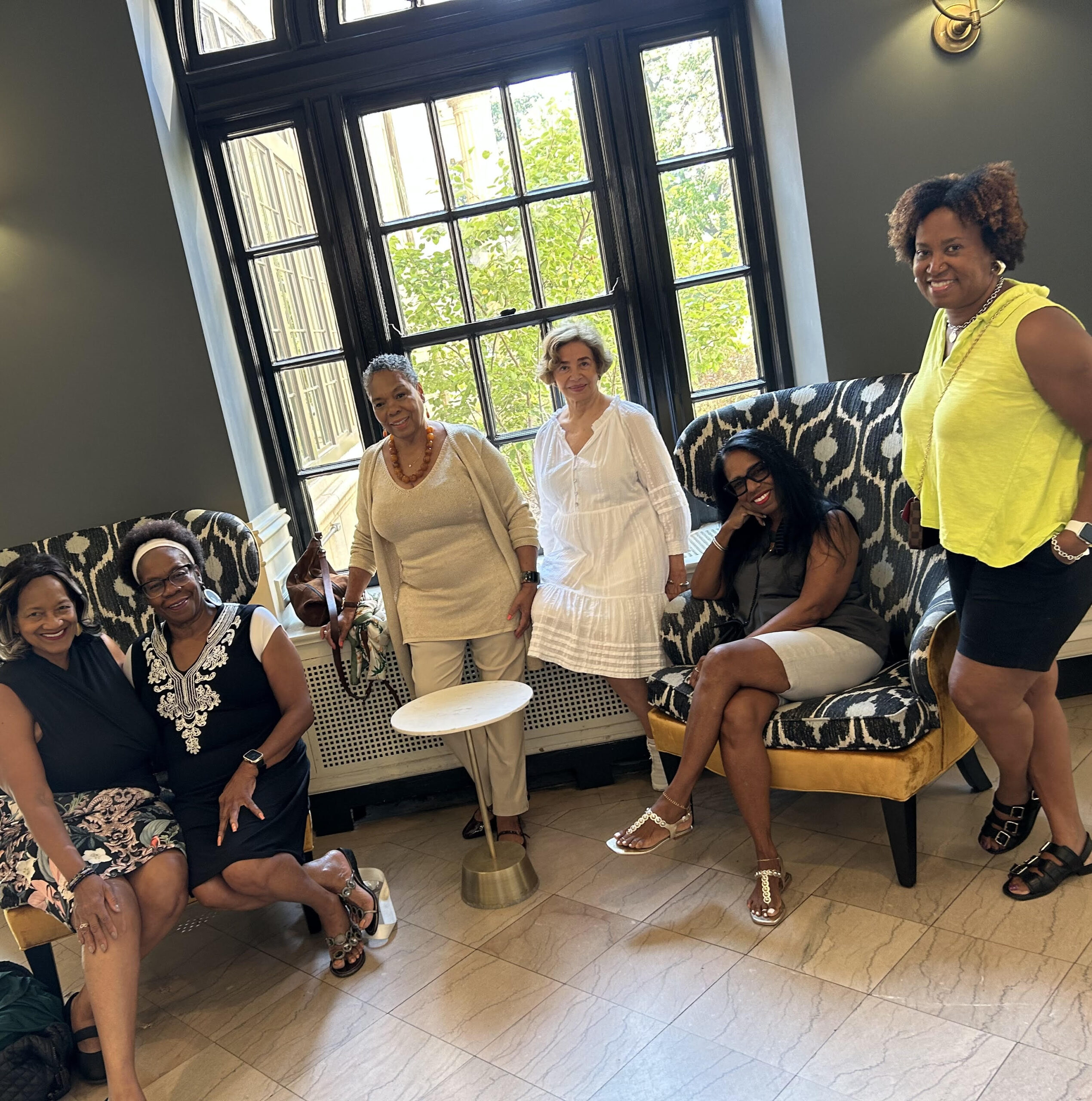

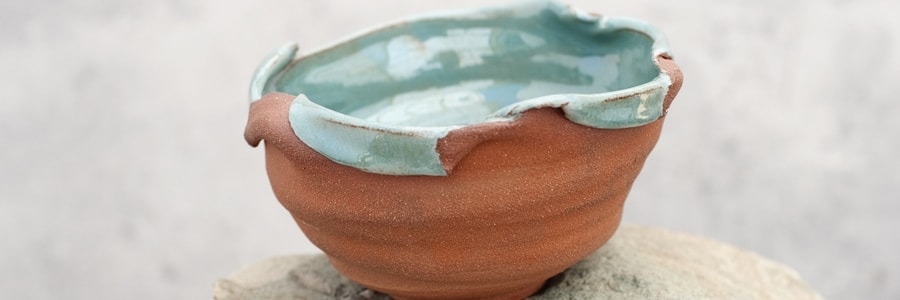

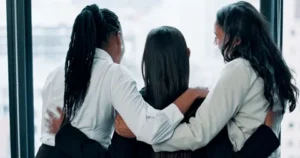
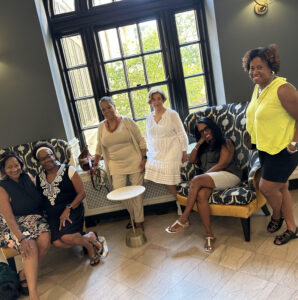



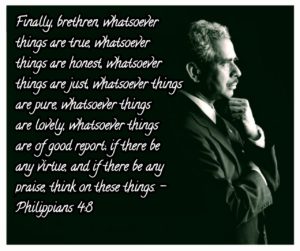



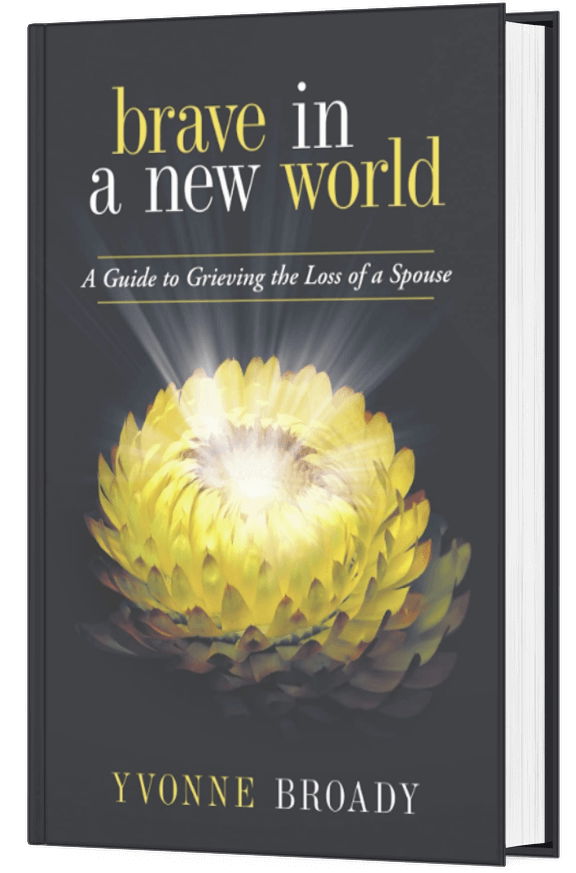

3 Responses
Yvonne this is a truly beautifully written testimonial. I’m grateful that you’re able to share these most intimate feelings with us while hoping to help someone else heal. I’m still trying after the passing of my mom three years ago. I still find myself crying unexpectedly at random times. I don’t think the whole in my heart will ever heal.
Beverly thank you for your beautiful words.I know that the loss of your mom has been so tough,I can only imagine.These are the great losses that transform us.The love for and from your beautiful mother continues beyond death, and as time goes on the pain will continue to soften and the memories will bring comfort.
Yvonne, your words are so true. Thanks for sharing and being an inspiration ?